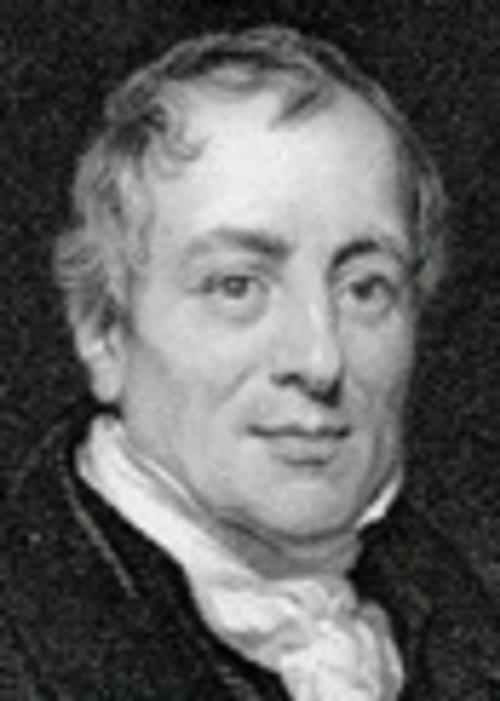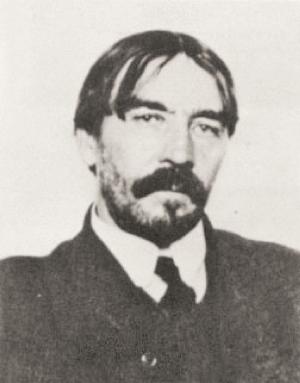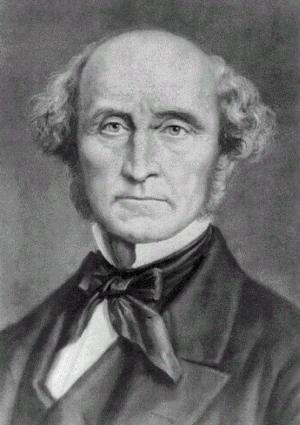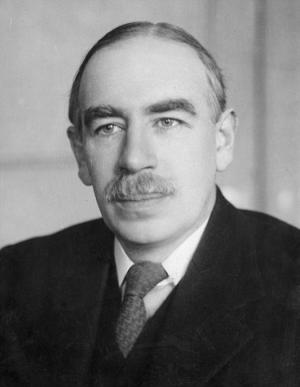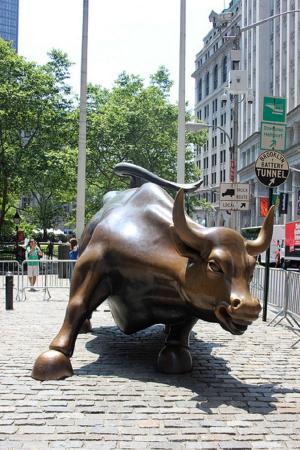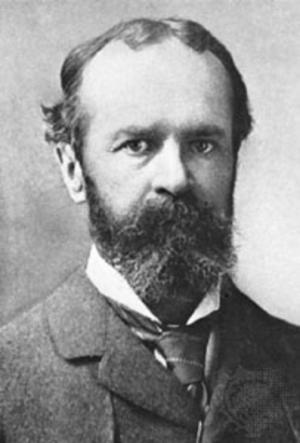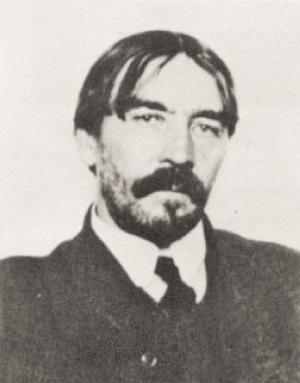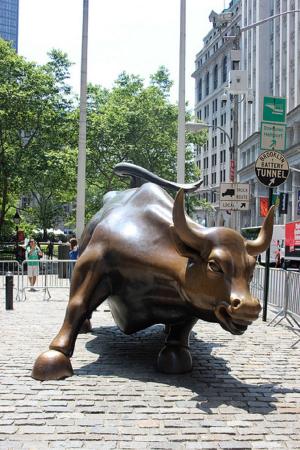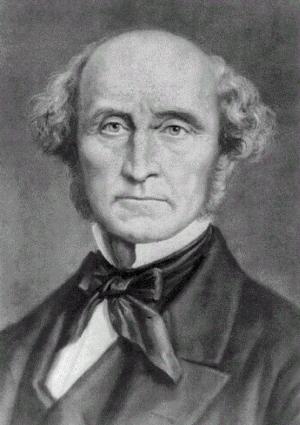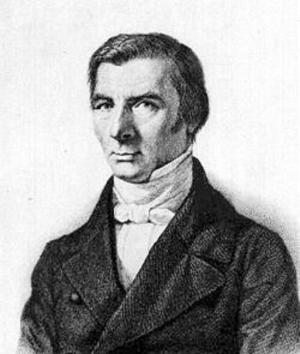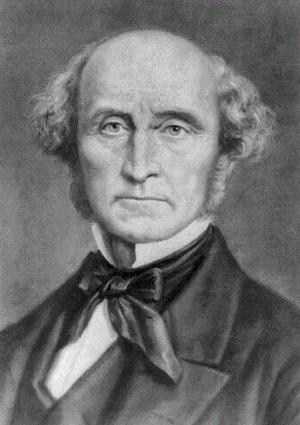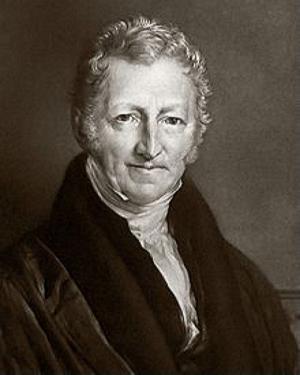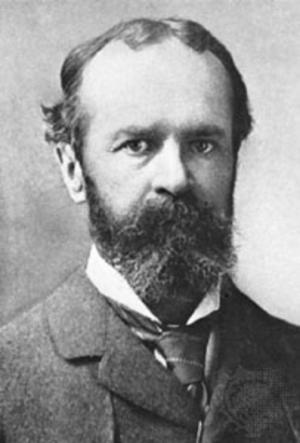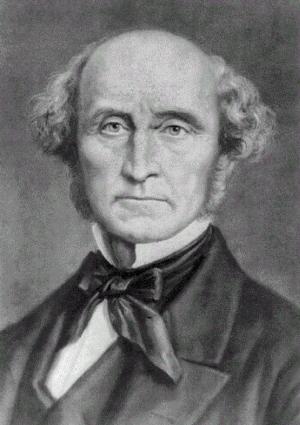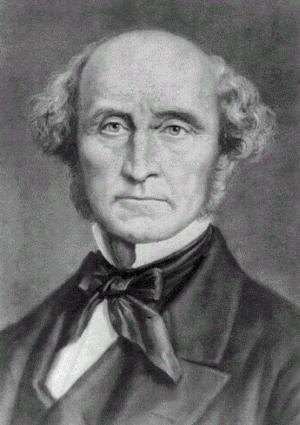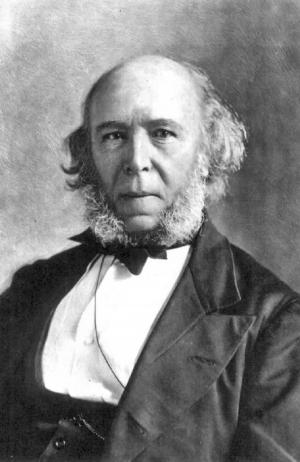The Economic Correspondence of David Ricardo: Full Text of Vol. 1 to Vol. 4 (Illustrated)
Business & Finance, Economics, Macroeconomics, Theory of Economics| Author: | David Ricardo | ISBN: | 1230000273556 |
| Publisher: | AS Team | Publication: | October 12, 2014 |
| Imprint: | Language: | English |
| Author: | David Ricardo |
| ISBN: | 1230000273556 |
| Publisher: | AS Team |
| Publication: | October 12, 2014 |
| Imprint: | |
| Language: | English |
The book has an active table of contents for easy access to each chapter.
David Ricardo made essential contributions to classical economics and has been called the most influential classical economist along with Adam Smith, Thomas Malthus, and John Stuart Mill.
The letters in the book are powerful discussions about all the economic aspects that David Ricardo made and explored with the following great economists:
1. Thomas Malthus
2. Jean-Baptiste Say
3. John Mill
4. Francis Horner
5. John Sinclair
6. Hutches Trower
7. J. R. McCulloch
8. Francis Place
9. John Wheatley
10. Maria Edgeworth
11. Anthony Austin
12. Alex Crombie
13. Pascoe Grenfell
14. Edward Wakefield
15. Jeremy Bentham
In addition to the theory of comparative advantage, Ricardo’s most important legacy is on the subjects of rent, profit, and wages. He is usually credited to lay out the foundation for the concept of Iron Law of Wages that wages naturally tend to a subsistence level.
Ricardo’s work also influenced Henry George and Irving Fisher, two of the great American economists. Henry George pioneered property tax concept through his book Progress and Poverty and influenced the profits of millions of American people. Fisher made important contributions to utility theory and general equilibrium and was also a pioneer in developing a theory of capital and interest rates and macroeconomic thought known as monetarism.
David Ricardo was also one of those rare people who achieved both tremendous investing success and lasting fame. When he died, his estate was worth more than $100 million in today’s dollars. The path of value theory can be traced back to David Ricardo. Ricardo rooted the path continued by Benjamin Graham, Philip Arthur Fisher, and Warren Buffet.
This is a must-read book for people who are also interested in the deepest thoughts and views about the core economic subjects such as taxation, political economy, value, profit, wages, and prices by David Ricardo, one of the greatest thinkers on the planet.
The book has an active table of contents for easy access to each chapter.
David Ricardo made essential contributions to classical economics and has been called the most influential classical economist along with Adam Smith, Thomas Malthus, and John Stuart Mill.
The letters in the book are powerful discussions about all the economic aspects that David Ricardo made and explored with the following great economists:
1. Thomas Malthus
2. Jean-Baptiste Say
3. John Mill
4. Francis Horner
5. John Sinclair
6. Hutches Trower
7. J. R. McCulloch
8. Francis Place
9. John Wheatley
10. Maria Edgeworth
11. Anthony Austin
12. Alex Crombie
13. Pascoe Grenfell
14. Edward Wakefield
15. Jeremy Bentham
In addition to the theory of comparative advantage, Ricardo’s most important legacy is on the subjects of rent, profit, and wages. He is usually credited to lay out the foundation for the concept of Iron Law of Wages that wages naturally tend to a subsistence level.
Ricardo’s work also influenced Henry George and Irving Fisher, two of the great American economists. Henry George pioneered property tax concept through his book Progress and Poverty and influenced the profits of millions of American people. Fisher made important contributions to utility theory and general equilibrium and was also a pioneer in developing a theory of capital and interest rates and macroeconomic thought known as monetarism.
David Ricardo was also one of those rare people who achieved both tremendous investing success and lasting fame. When he died, his estate was worth more than $100 million in today’s dollars. The path of value theory can be traced back to David Ricardo. Ricardo rooted the path continued by Benjamin Graham, Philip Arthur Fisher, and Warren Buffet.
This is a must-read book for people who are also interested in the deepest thoughts and views about the core economic subjects such as taxation, political economy, value, profit, wages, and prices by David Ricardo, one of the greatest thinkers on the planet.
